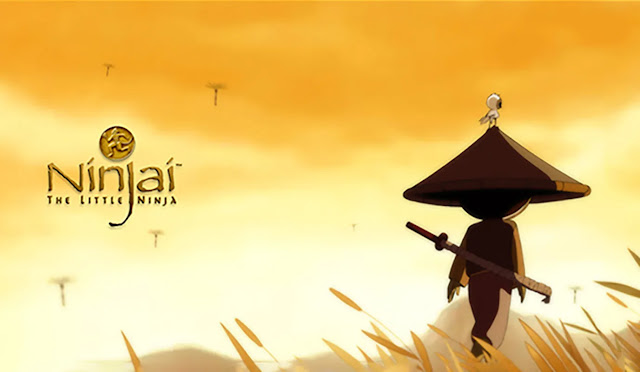'Purple Hearts' movie review: Netflix's cookie-cutter romance adaptation
Purple Hearts, which is expected to be Netflix's most-watched film this year, plays out like a conservative fanfiction. While the film attempts to depict a romance between two people from opposing political ideologies, its insistence on locating all of its sympathies with the United States military overshadows everything else.
Cassie Salazar (Sofia Carson) is an aspiring musician who enters a marriage of convenience with Luke Morrow (Nicholas Galitzine), a soon-to-be deployed U.S. soldier. Marine Corps officer The film devotes its storyline to fitting in as many issues as possible through Cassie and Luke's personal lives.
XEM THÊM :
Cách đánh Yo88 tài xỉu kiếm tiền triệu nhanh như chớp
Cassie, the child of an illegal immigrant, is shown working multiple jobs to pay off her debt while struggling to afford insulin for herself. Luke, on the other hand, is a recovering addict who is estranged from his family and has his own financial obligations. Despite starting on the wrong foot due to their diametrically opposed political views, Luke and Cassie eventually realize that entering into a fictitious marriage will provide Cassie with medical insurance coverage to pay for her medication, while also providing Luke with access to a monthly allowance.
Purple Hearts is a melting pot of American problems, including immigration, Big 'unaffordable' Pharma, the drug epidemic, and the United States' frequent foreign military interventions. Director Elizabeth Allen Rosenbaum, on the other hand, does not use this opportunity to make social commentary. Throughout the nearly two-hour film, we see these obstacles covered up by simplistic solutions, almost all of which have their roots in the conservative line of argument. This eventually undermines faith in Luke and Cassie's individual convictions, which formed the basis of their disagreement.
Cassie and Luke are represented as being at opposite ends of the political spectrum. The film's ultimate goal of these two overcoming their differences throws the characters to that common ground, leaving behind a jumbled mess.
While Cassie, a liberal minority second-generation immigrant, is initially shown to be critical of the military, by the halfway point her character is unrecognizable. Instead, the plot shifts to her writing songs for the soldiers' emotional upliftment and caring for an injured Luke. When Cassie's principles are written in as fleeting and easily compromised, it feels less of a gamble, risk, and sacrifice for her to be with Luke, making the plot's foundation thin.
Luke's character, on the other hand, is more consistent. His attitude of 'not all soldiers are bad' remains constant, and his progression is written to show him embodying more military qualities. However, this has little to do with good writing and more to do with the film's context and the production logistics involved.
In the United States, the'military-entertainment complex' exists as its own distinct marriage of convenience between the two industries. For decades, the entertainment industry has had exclusive access to equipment and locations in exchange for a favorable portrayal of the United States armed forces. To that extent, the US Department of Defense consults with filmmakers on scripts. Purple Hearts' final product reflects this as well, with Rosenbaum revealing in an interview with an outlet that a Navy veteran served as a military advisor and tweaked the script to give the filmmakers access to exclusive defense shooting locations. She admitted that the change in the script was made to balance out the portrayal of the Marine Corps.
This feels like a heartless adventure for a film that delves into so many political themes, and the audience is left with a cookie-cutter Netflix book-to-movie adaptation.
READ ARTICLES:
23 Profitable Website Ideas in 2022
Personal Computer History: 1975-1984
My Chemical Romance: how the criticized band turned aversion into triumph
My Chemical Romance, Future, Drop Out Boy, Jack White Best 2022 Music Midtown Lineup
Top International Makeup Artists




Comments
Post a Comment